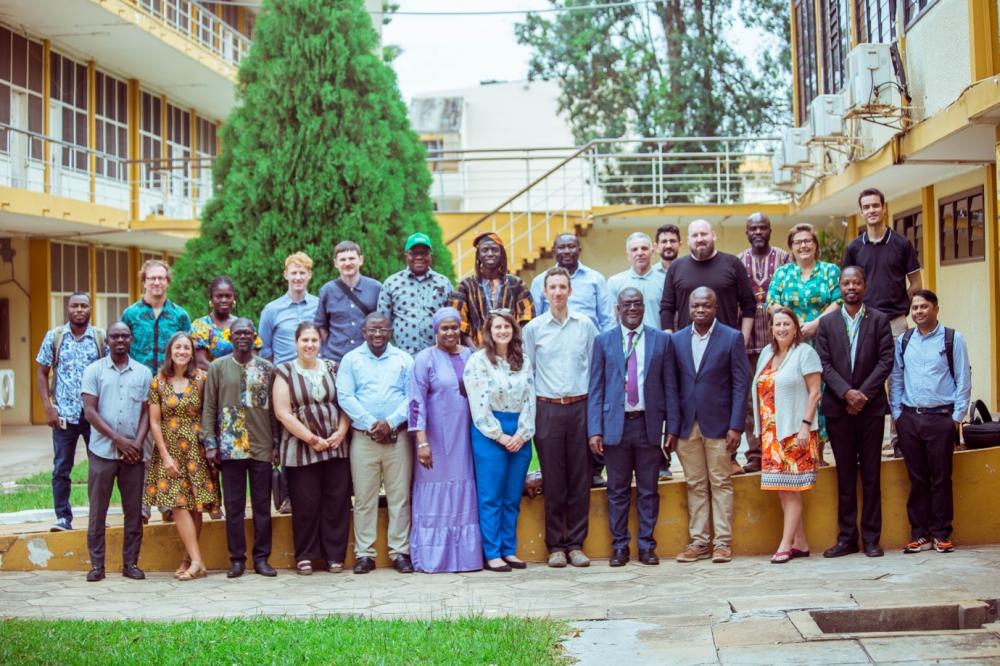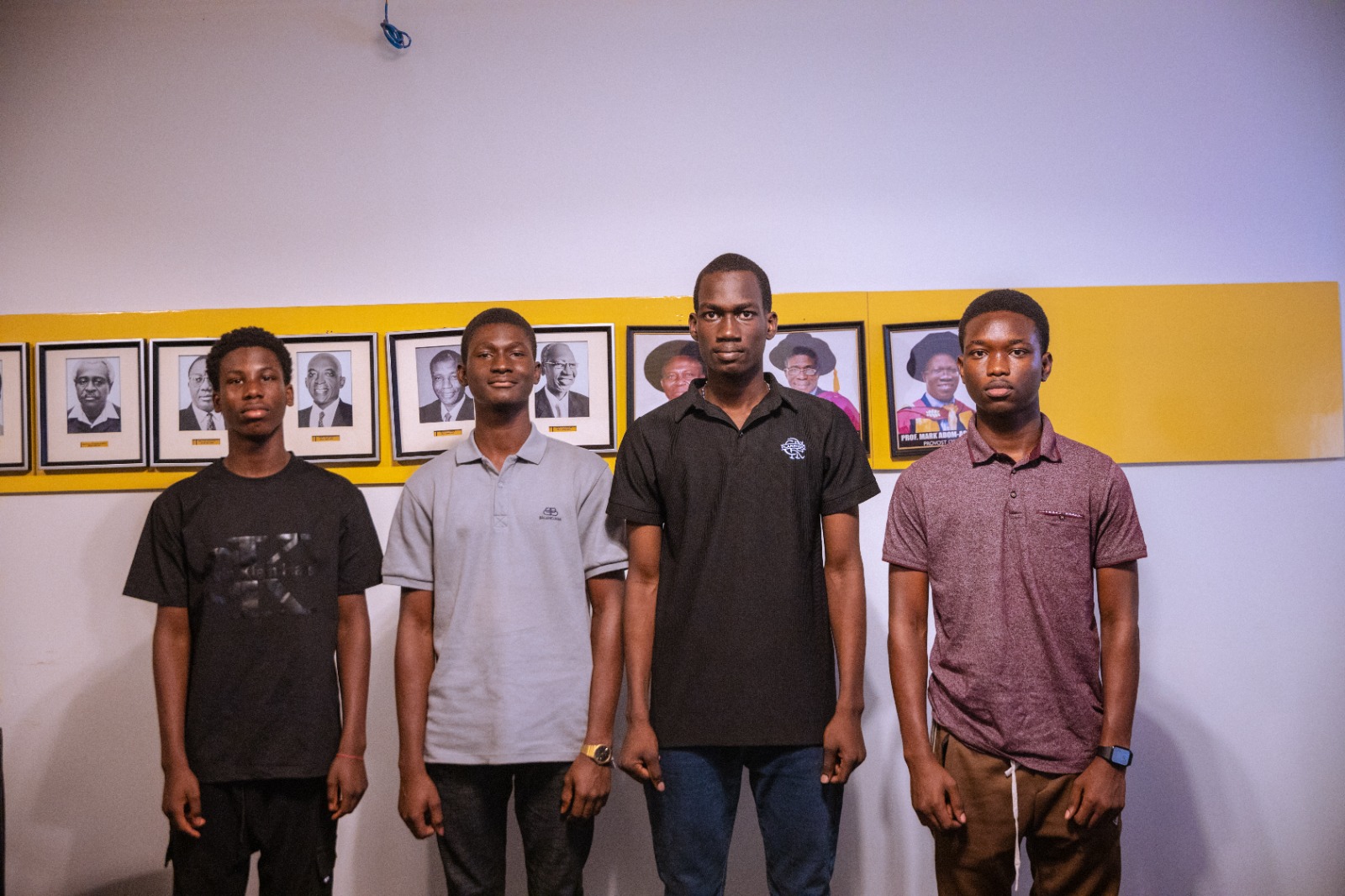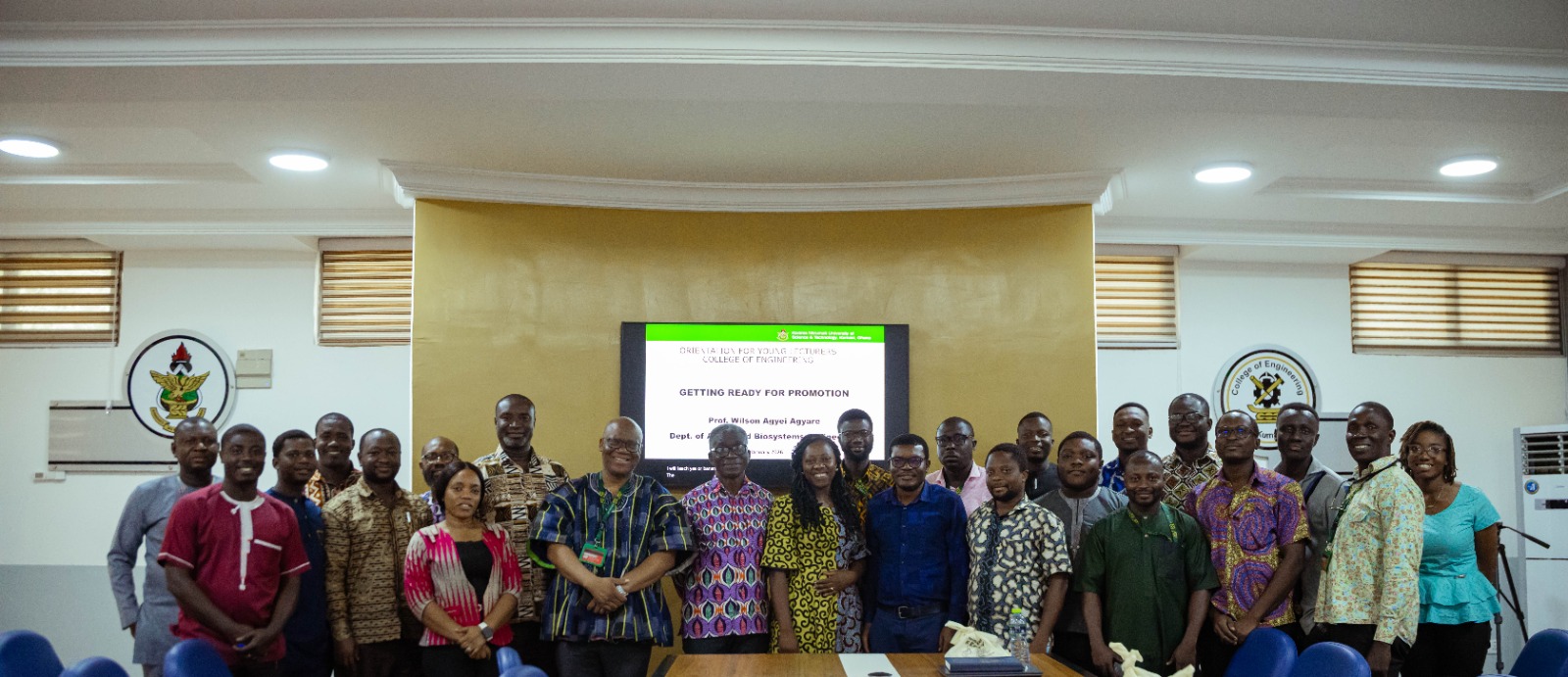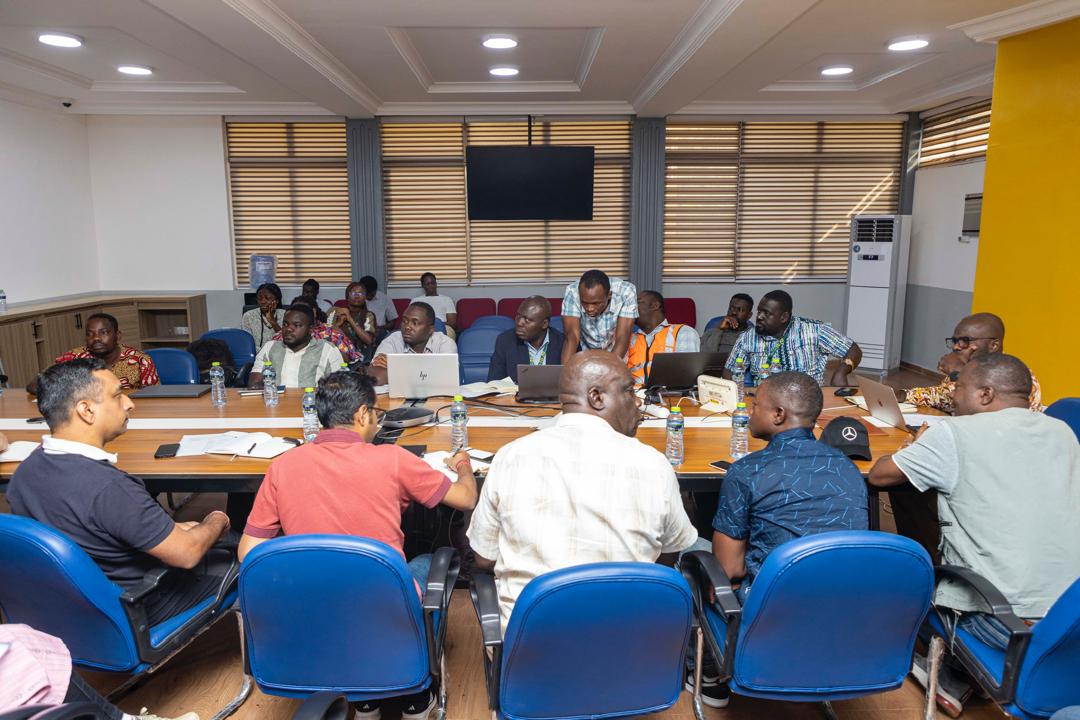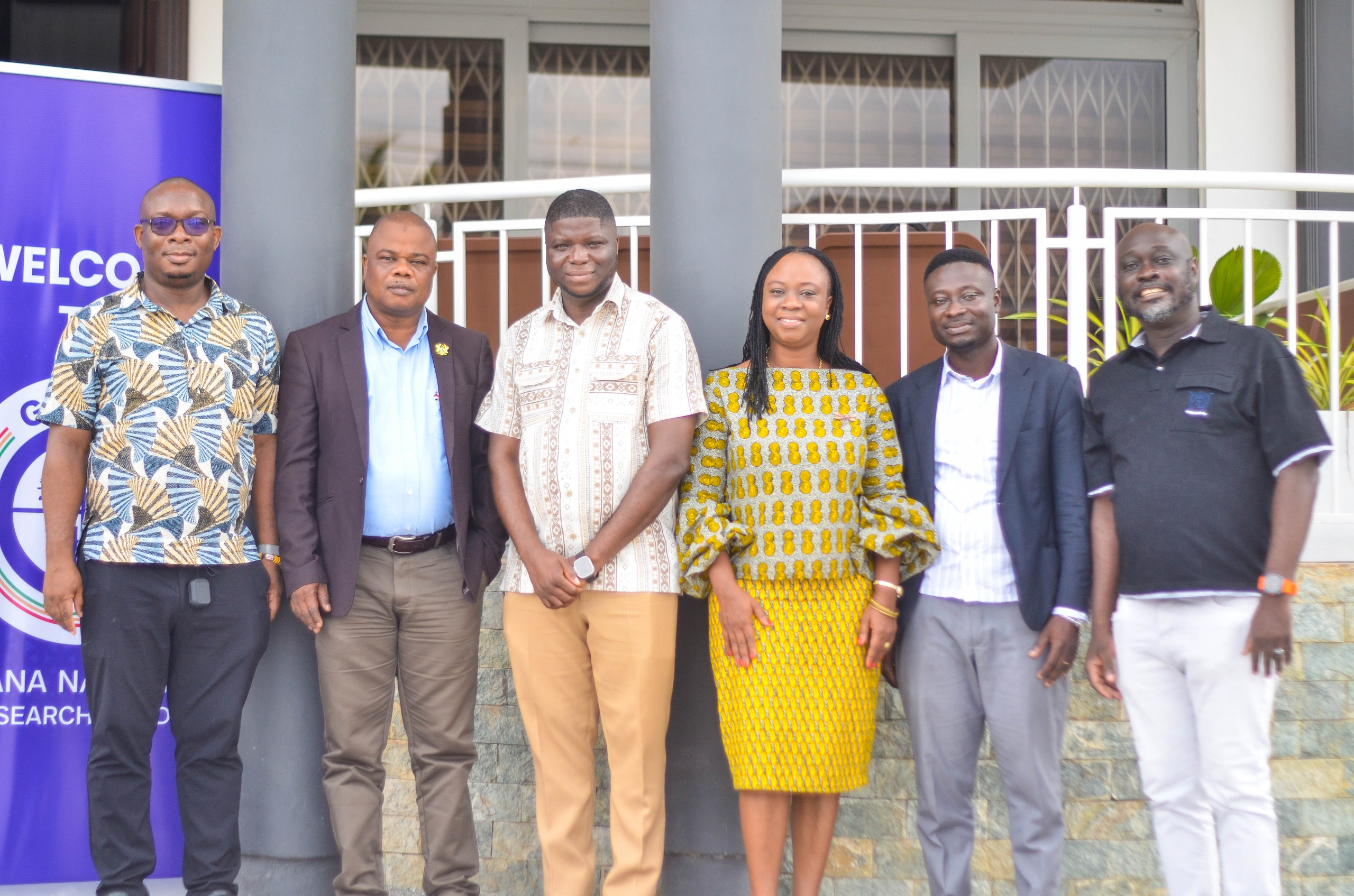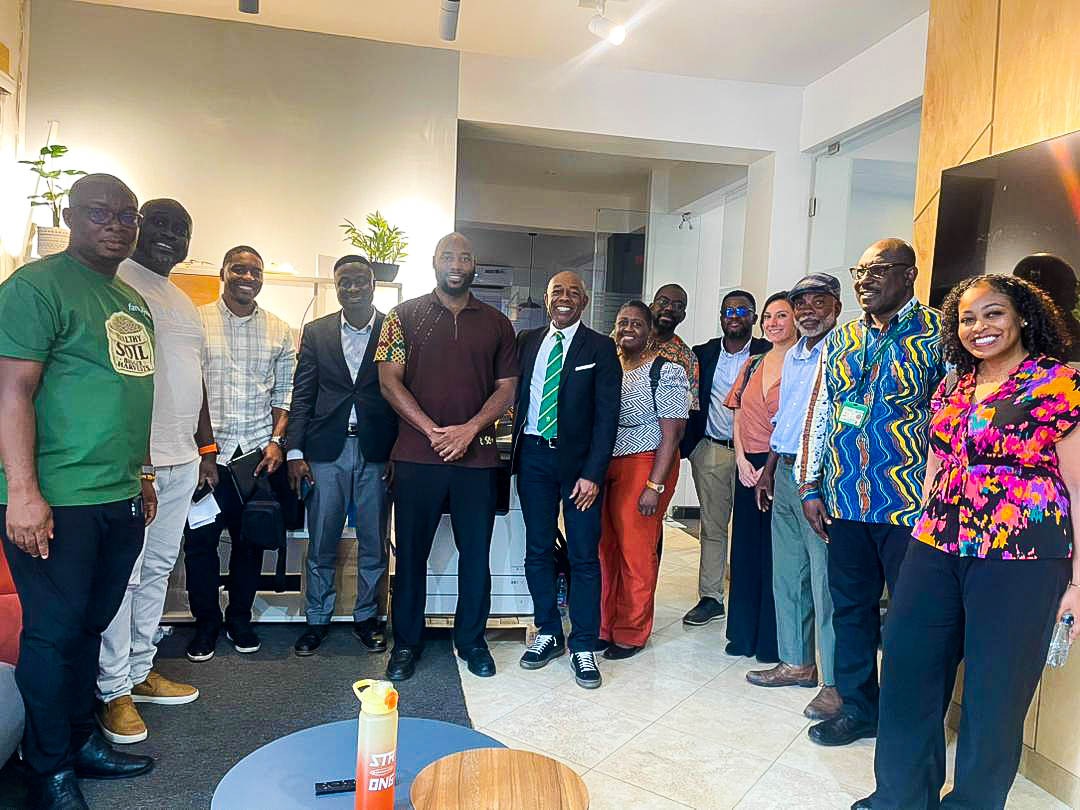The College of Engineering has launched the Sustainable, Holistic, and Inclusive Energy for Well-being (SHINE) Project, which aims to redefine energy systems to enhance community well-being in sub-Saharan Africa.
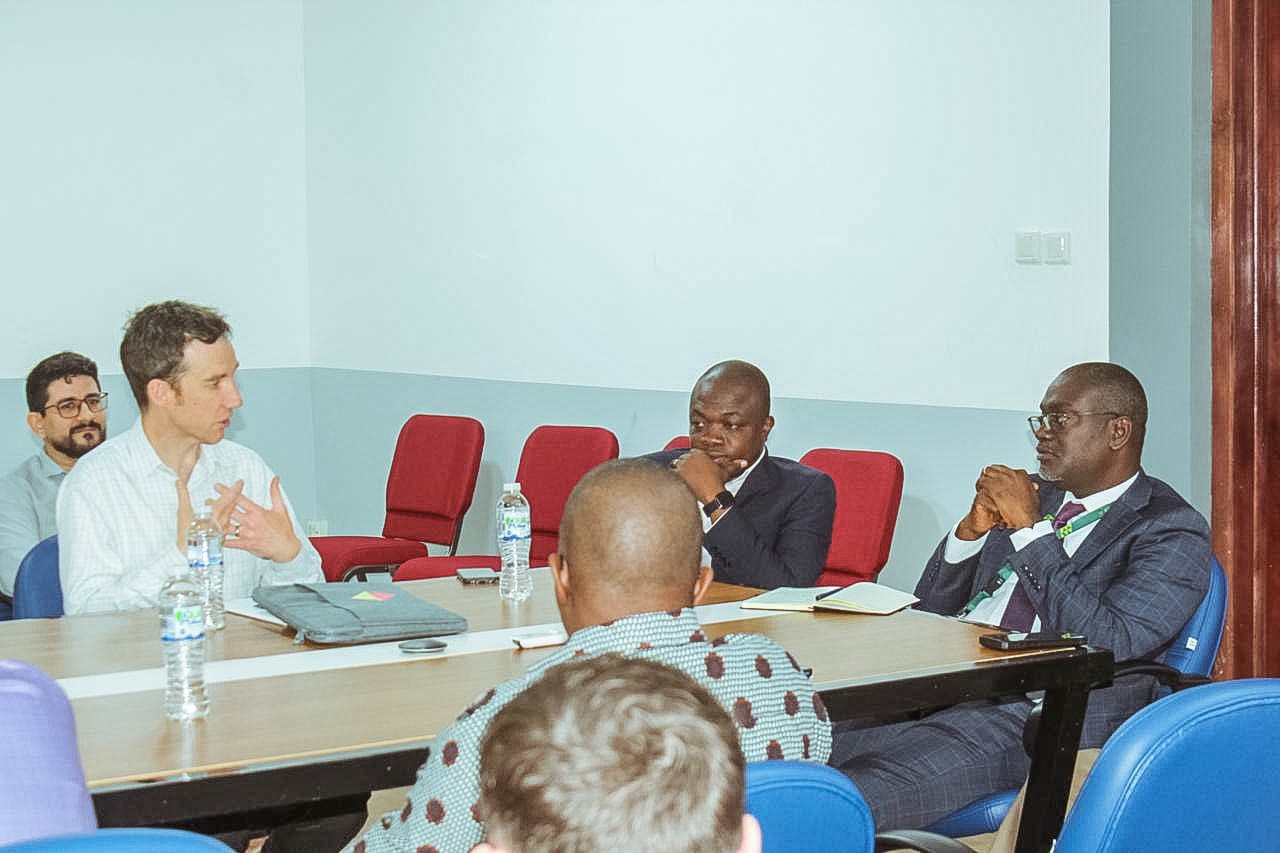
Funded by UK Research and Innovation (UKRI) under the Ayrton Challenge Programme, SHINE adopts a transdisciplinary approach—integrating engineering, health, gender studies, climate science, and socio-economics—to assess and improve energy access interventions in Ghana and The Gambia.
At the project’s inception meeting, Professor Francis Kemausuor, Team Lead for Ghana and Dean of the Faculty of Mechanical and Chemical Engineering at KNUST, emphasised the project’s technical and societal dimensions.
“Energy systems are often designed with narrow objectives, but SHINE challenges this by embedding well-being at the core of engineering solutions,” he said. “Our team will develop a framework that ensures future energy interventions are both technologically viable and socially inclusive, addressing gaps in health, gender equity, and environmental sustainability.”
The project will evaluate past energy initiatives in the region, focusing on their successes, failures, and impacts on well-being. Key interventions include:
- Electric Cooking Solutions – Piloting community-centred electric cooking systems to reduce indoor air pollution and improve health outcomes.
- Integrated Energy Design – Leveraging existing technologies to create adaptable systems that meet diverse community needs.
Prof. Kwabena Biritwum Nyarko, Provost of the College of Engineering, reiterated KNUST’s commitment to impactful research.
“As engineers, our role extends beyond innovation—it’s about solving real-world problems,” he stated. “SHINE exemplifies how academia, policymakers, and communities can collaborate to transform energy access. The College of Engineering is proud to drive this initiative, with full institutional support.”
He further highlighted KNUST’s ambition to sustain long-term partnerships with UKRI, the University of Bristol, and regional stakeholders, including Ghana’s Ministry of Energy and the United Nations Development Programme (UNDP), to scale the project’s outcomes.
SHINE’s research will produce a design framework to guide policymakers, engineers, and development practitioners in creating energy solutions that align with the Sustainable Development Goals (SDGs). By prioritising inclusivity and sustainability, the project aims to:
- Reduce energy poverty in rural and peri-urban communities.
- Empower women and marginalised groups through participatory energy planning.
- Mitigate climate impacts by promoting clean energy transitions.
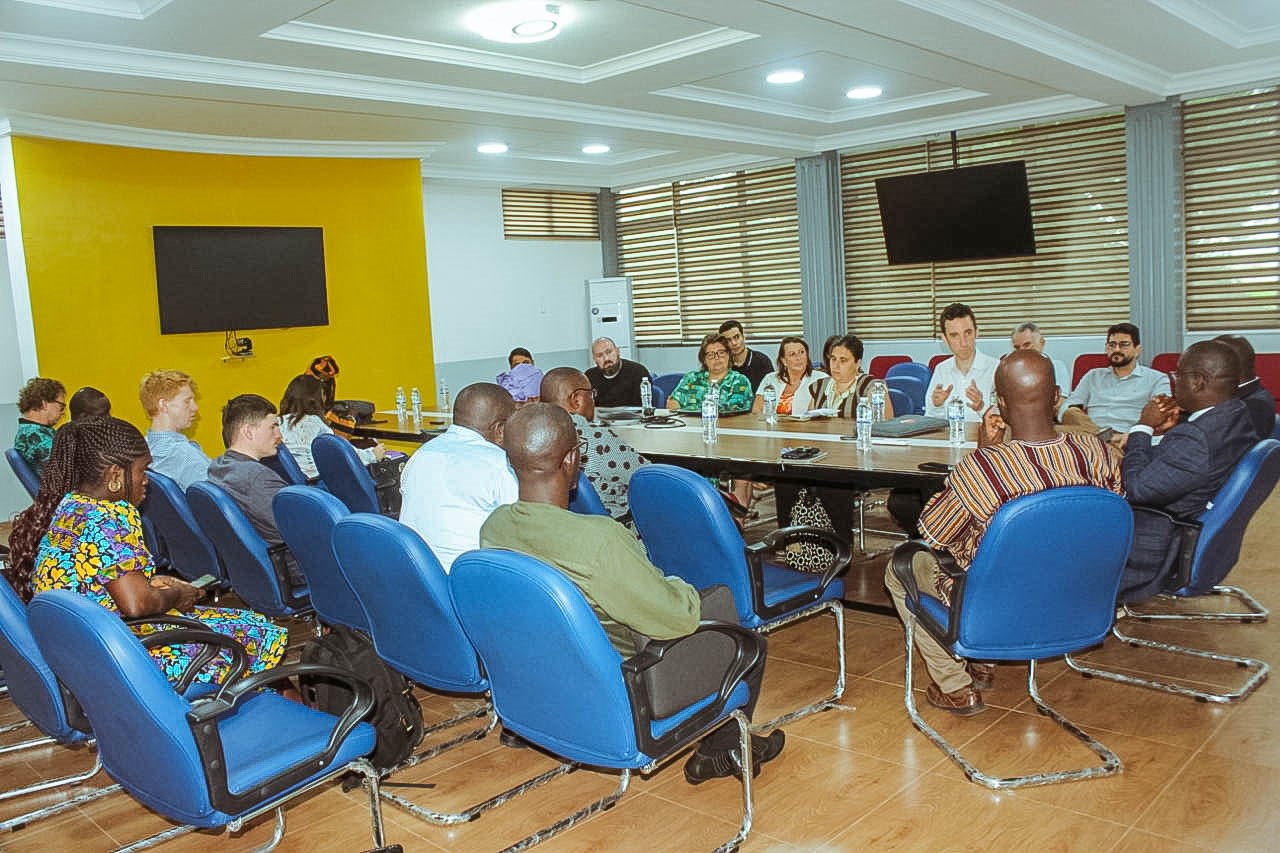
The KNUST team, alongside international partners, will commence fieldwork in Ghana and The Gambia, engaging communities to co-design solutions. Findings will inform national energy policies and serve as a model for sub-Saharan Africa.
KNUST College of Engineering is a leader in engineering education and research in Africa and fosters energy, infrastructure, and technology innovation for sustainable development.


